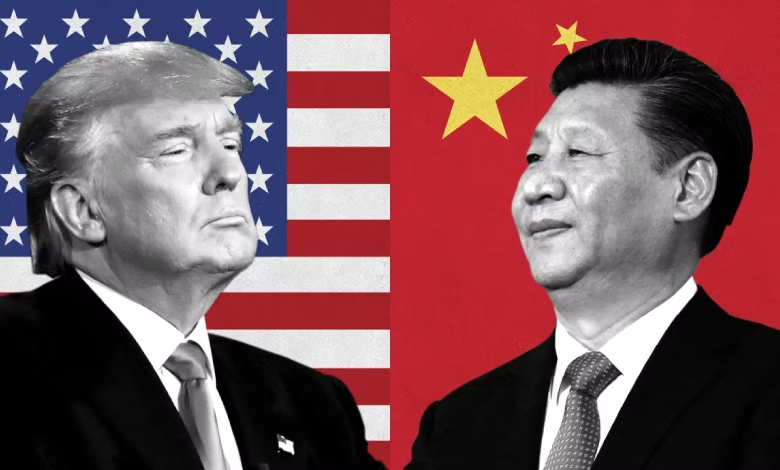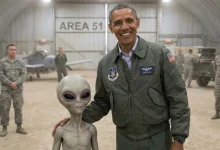Trump Escalates Trade War with 104% Tariffs on China: White House Stands Firm

In a bold escalation of trade tensions, the White House confirmed on Tuesday that a hefty 104 percent tariff on Chinese imports took effect at midnight Eastern Time, April 9, 2025, following a deadline set by former President Donald Trump. The move fulfills Trump’s earlier ultimatum to Beijing, demanding the removal of its 34 percent retaliatory tariffs on American goods by Monday a demand China defiantly ignored.
The new tariff, enacted under Section 301 of the Trade Act, builds on existing levies and marks one of the most aggressive trade actions taken by the U.S. in recent years, according to a White House official . “This is a decisive step,” the official stated, emphasizing that the duties would be enforced immediately as of 00:01 ET (04:01 GMT) Tuesday. The policy shift comes after Trump warned last week that failure to comply would trigger severe economic consequences for China, the world’s second-largest economy.
China, however, has shown no signs of backing down. Labeling Trump’s tactics as “blackmail,” Beijing vowed to “fight to the end” in response to the escalating trade war. Despite the hardline rhetoric, Trump hinted at potential negotiations, posting on social media, “China also wants to make a deal, badly, but they don’t know how to get it started. We are waiting for their call. It will happen!” Dozens of other nations, meanwhile, are scrambling to secure trade concessions to avoid similar punitive measures from Washington.
The tariff package layers an additional 50 percent duty atop pre-existing tariffs from Trump’s first term ranging from 7.5 to 25 percent and a 20 percent levy imposed earlier this year due to China’s alleged failure to curb fentanyl trafficking. Goldman Sachs economists have warned that such steep tariffs could disrupt U.S. businesses and consumers, potentially pushing the economy toward a recession. The White House, however, canceled a planned joint press conference with Trump and Israeli Prime Minister Benjamin Netanyahu, opting instead for a smaller Q&A session with reporters in the Oval Office, signaling a focus on domestic priorities amid the trade standoff.
Netanyahu’s visit, his second with Trump since the latter’s return to office, underscores the administration’s balancing act between international diplomacy and its hardline economic agenda. As global markets brace for the fallout, the U.S.-China trade rift deepens, with no immediate resolution in sight.




